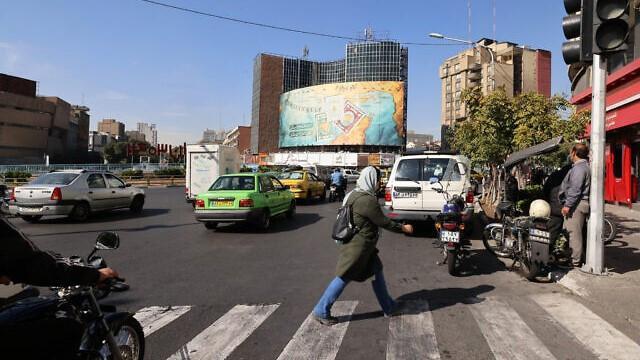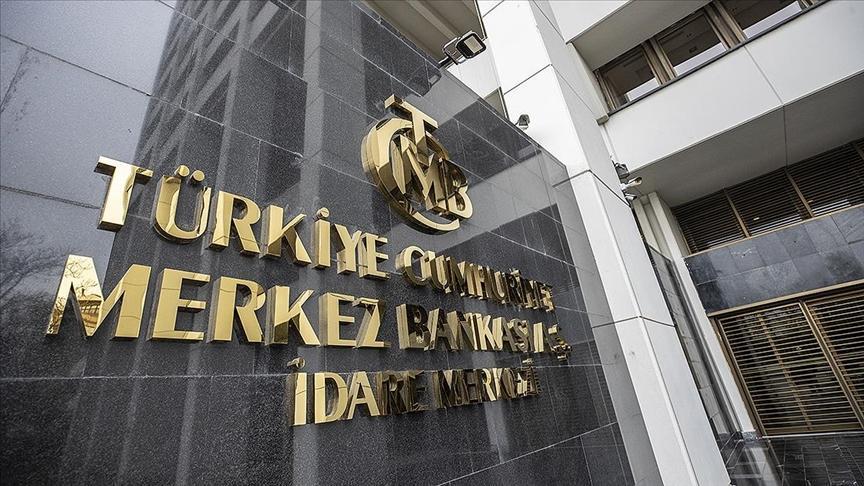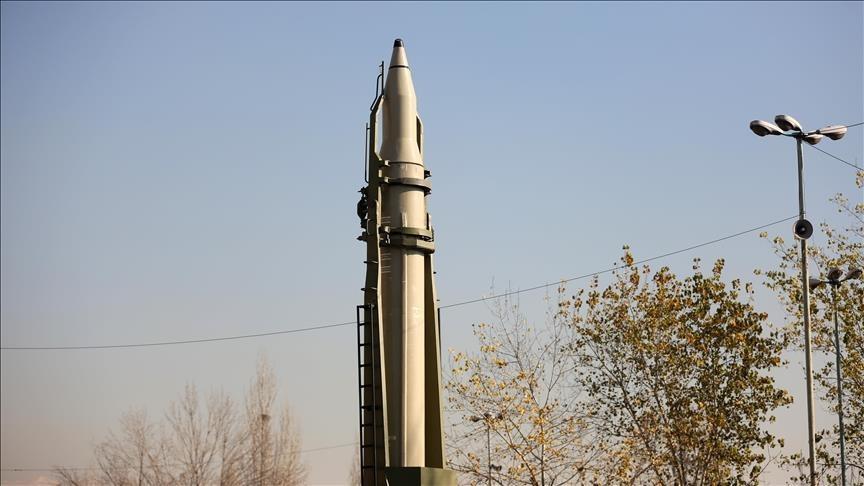The sans-culottes of the revolution
One the most troubling pieces of news to come out of Turkey this past week was an attack on Ahmet Hakan Coşkun, one of the country’s top journalists. After presenting a show on CNNTürk, four men followed Coşkun’s car all the way to his home before beating him in front of his apartment. He was seriously injured and hospitalized, and had to undergo surgery for his nose. Luckily, Ahmet Hakan will recover soon and be back with us with his daily column and TV show, but what happened to him needs to be thought out.
First, I should tell more about who Ahmet Hakan is. It would not be wrong to say that he is probably Turkey’s most influential pundit. His column in daily Hürriyet, the country’s top paper, is always on the top of the most-popular list. His show on CNNTürk, “Non-Aligned Zone,” is one of the most popular political discussion programs. He is a graduate of the religious İmam-Hatip schools, and began his career in the Islamist media. This conservative background allows him to be critical of the current government sometimes with religious references. And it is precisely this feature that makes him one of the most-hated figures among pro-government (or, more precisely, pro-president) writers.
One such writer, who is notorious for issuing threats to other journalists, media bosses, or businessmen “in the name of the Turkish state,” openly threatened Ahmet Hakan a few weeks ago. “We will smash you like a fly,” this man wrote to Ahmet Hakan in his column. “You are only alive thanks to our mercy.”
The attack on Ahmet Hakan came very soon after this. Moreover, the four men who beat the journalist were arrested by the police, and it turned out that three of them were members of the ruling Justice and Development Party (AKP). (The AKP affirmed this and announced that they had been expelled from the party.)
More worryingly, one of the attackers told the police that they were instructed to conduct the attack. Reportedly, it was a retired police officer named Yahya Kemal Gezer who found them in a cafe and said, “There is a man that needs to be beaten.” The same retired police officer also promised them 100,000 Turkish Liras for the job and helpfully explained:
“He [Hakan] calls martyrs as dead [people]. He says his vote is for the [People’s Democratic Party] HDP. He is instigating the people; he is encouraging people to vote for the HDP. He has to be taken out. The instructions will be given tonight. The [National Intelligence Organization] MİT is also involved. The police and the chief are also involved.”
Of course, like every “confession” at the police, this must be taken with a grain of salt. Further investigation is needed (if it will ever come) to see whether this retired police officer who allegedly encouraged the attackers was really encouraged by some people in the political establishment.
But it is already worrying that the culture of political violence, which has dark precedents in Turkish history, is once again showing its ugly face. I don’t think that the AKP, and the Presidency, supports this culture directly, but the campaign of hate that is going on in the pro-government media (and social media) inevitably calls for it.
Deep down, the problem is that the AKP era, which began as a modest initiative for reform, has recently recast its mission as a historic “revolution.” Just like in the French Revolution, it demonized the “ancien régime” and the “reactionaries” that supposedly hearken back to it. And now, just like in French Revolution, we see these “Jacobin” ideas taking form in the streets in the hands of the vulgar “sans-culottes.”











